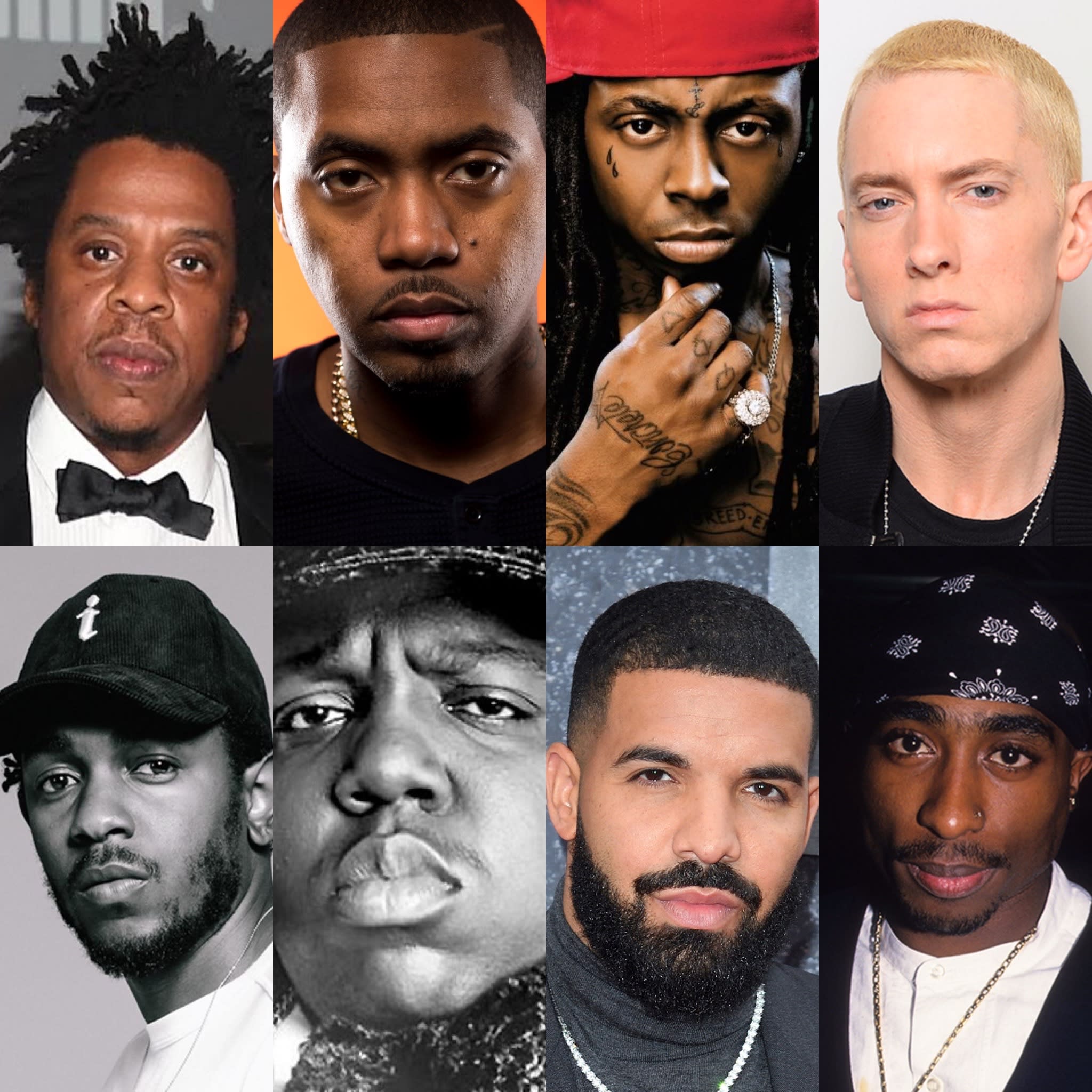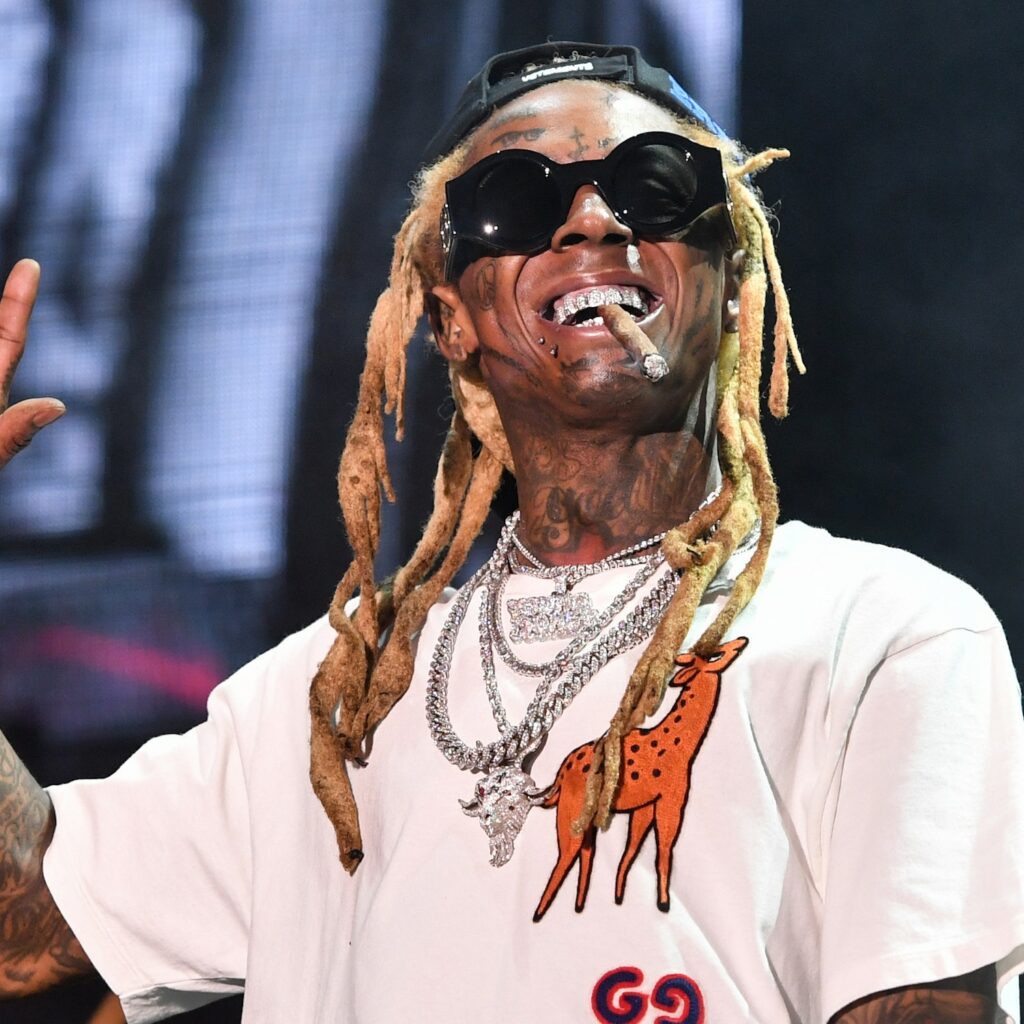Unveiling The Titans Of Contemporary Rap: A Comprehensive Analysis
In the ever-evolving world of music, hip-hop stands as a dynamic force that continues to shape cultural narratives and influence global trends. Among its many facets, rap music has emerged as a powerful medium for storytelling, social commentary, and personal expression. As we delve into the current state of the rap game, it becomes clear that the artists at the forefront are not just musicians but cultural architects who redefine the boundaries of art and society. Understanding the landscape of contemporary rap requires an examination of the artists who dominate charts, captivate audiences, and leave an indelible mark on the industry.
The term "best rapper" encompasses more than technical prowess; it includes the ability to resonate culturally, achieve commercial success, and exhibit artistic versatility. This exploration will dissect the contributions of today's leading rappers, analyzing their unique qualities that set them apart in a fiercely competitive environment. From the gritty streets of urban America to the global stage, rap music serves as both a mirror and a catalyst for societal change. As we examine the lives and works of these artists, we gain insight into their impact on the industry and the broader cultural landscape.
| Name | Real Name | Birth Year | Origin | Notable Works | Reference Website |
|---|---|---|---|---|---|
| Kendrick Lamar | Kendrick Lamar Duckworth | 1987 | Compton, California | "To Pimp a Butterfly," "DAMN." | Kendrick Lamar Official Website |
| J. Cole | Jermaine Lamarr Cole | 1985 | Fayetteville, North Carolina | "2014 Forest Hills Drive," "KOD" | Dreamville (J. Cole's Label) |
| Drake | Aubrey Drake Graham | 1986 | Toronto, Canada | "Take Care," "Scorpion" | October's Very Own (OVO) |
| Cardi B | Belcalis Marlenis Almanzar | 1992 | New York City, New York | "Invasion of Privacy," "WAP" | Cardi B Official Website |
As the rap scene progresses into 2023, it continues to witness the rise of remarkable talents who are reshaping the genre. Among these, Kendrick Lamar stands out for his intricate lyricism and ability to push creative boundaries. His albums, such as "To Pimp a Butterfly" and "DAMN.," are celebrated as works of art that transcend traditional rap. Kendrick's exploration of racial identity, systemic injustice, and personal struggles has cemented his status as a cultural icon.
J. Cole, another titan of the rap world, resonates deeply with audiences through his introspective and thought-provoking music. His ability to tackle complex themes with clarity and vulnerability fosters a profound connection with listeners. Albums like "2014 Forest Hills Drive" and "KOD" showcase his storytelling prowess, making him a favorite among fans seeking authenticity and depth. Meanwhile, Drake's dominance in both rap and pop music remains unparalleled. His versatility in navigating various themes and genres has expanded the audience for hip-hop globally. Drake's influence extends beyond music, shaping trends in fashion, language, and popular culture.
Cardi B's impact on the industry is equally significant. Beyond her musical achievements, she has become a symbol of empowerment and authenticity. Her unapologetic voice and entrepreneurial spirit inspire countless individuals, particularly women, to assert their presence in a male-dominated field. Her influence on fashion and cultural lexicon highlights her role as a trendsetter. Similarly, Lil Baby's rise to fame underscores the importance of authenticity and realism in rap music. His ability to convey the challenges and triumphs of his journey resonates deeply with listeners, earning him both critical acclaim and a dedicated fan base.
Lyrically, these artists offer distinct perspectives that enrich the rap genre. Kendrick Lamar's complexity lies in his use of metaphors and symbolism to address critical social issues. His narratives challenge listeners to engage with multiple layers of interpretation, encouraging deeper reflection. J. Cole's relatability stems from his willingness to draw from personal experiences, creating a sense of shared understanding. His exploration of universal themes such as aspiration, disappointment, and self-discovery resonates with a broad audience. Drake's versatility allows him to seamlessly transition between introspective and boastful lyrics, appealing to a diverse demographic. His ability to fuse rap with R&B elements further enhances his appeal. Cardi B's authenticity and raw candor bring an element of reality to her music, making it both refreshing and empowering. Finally, Lil Baby's realism offers a transparent depiction of his life and environment, forming a strong bond with listeners who appreciate honesty and transparency.
- Great Falls Mt Garage Moving Sales Find Deals More
- Letoya Lucketts Journey From Destinys Child To Solo Success Beyond
The cultural impact of these rappers extends far beyond music. Kendrick Lamar's "To Pimp a Butterfly" is often regarded as a pivotal work that addresses racial inequality, systemic injustice, and the Black experience in America. The album's influence sparked important conversations and influenced cultural discourse. Cardi B has emerged as a symbol of female empowerment, challenging norms and breaking stereotypes within the industry. Her success inspires other women to pursue their goals and assert their voices. Drake's crossover appeal has broadened hip-hop's audience globally, making him a significant figure in popular culture. His influence is evident in everything from fashion to slang, solidifying his status as a cultural icon.
Commercial success serves as a testament to the widespread appeal and influence of these artists. Kendrick Lamar has won multiple Grammy Awards and achieved significant commercial success, with his albums regularly topping charts and receiving platinum certifications. Drake holds the record for the most number-one hits on the Billboard Hot 100, showcasing his remarkable dominance in the music industry. Cardi B's debut album "Invasion of Privacy" won a Grammy, making her the first solo female rapper to win Best Rap Album. Her achievements have established her as a major force in the industry. J. Cole's commercial success is equally notable, with several of his albums reaching number one on the Billboard charts. His focus on authenticity and relatability has built a strong and dedicated fan base.
In today's digital age, social media plays a crucial role in an artist's success. Drake's massive following on platforms like Instagram and Twitter enables him to connect with fans on a deeper level, sharing personal moments, music updates, and engaging directly with his audience. Cardi B frequently interacts with her fans on social media, fostering a strong sense of community and enhancing her brand loyalty. J. Cole, on the other hand, maintains a relatively private social media presence, allowing his music to speak for itself. This approach enhances the anticipation around his releases and strengthens his connection with fans.
Looking ahead, the future of rap music appears incredibly promising. Emerging artists continue to redefine the genre, introducing fresh sounds and perspectives. Collaborations across musical genres are becoming increasingly common, leading to innovative fusions that push the boundaries of creativity. Social media platforms like TikTok and Instagram play a vital role in discovering new talent, providing opportunities for the next generation of rap stars to emerge. The ongoing fusion of rap with Latin, Afrobeat, and electronic music ensures its longevity and relevance in the global music landscape.
The impact of these artists extends beyond the industry, influencing societal trends and cultural discourse. Their ability to address pressing issues, challenge norms, and inspire change underscores the power of music as a tool for transformation. As the rap genre continues to evolve, it remains a dynamic force that reflects the complexities and aspirations of contemporary society. The contributions of Kendrick Lamar, J. Cole, Drake, Cardi B, and others exemplify the potential of rap music to shape the future of art and culture.
In conclusion, the rap game in 2023 is defined by artists who not only dominate charts but also shape cultural narratives. Their unique qualities—whether it be Kendrick Lamar's complexity, J. Cole's relatability, Drake's versatility, Cardi B's authenticity, or Lil Baby's realism—set them apart in a competitive industry. As the genre continues to evolve, the influence of these artists on society and the broader cultural landscape remains profound. The future of rap music is bright, promising innovation, creativity, and continued relevance in an ever-changing world.
- Grace Chloe Murdoch Inside Ruperts Family Trust Explained
- Scorpio Man Cancer Woman Compatibility Secrets Revealed

The Best Rapper Alive (Right Now) Fantastic Hip Hop

Who is the Greatest Rapper of All Time?

Top 10 Best Rappers Of All Time In 2024